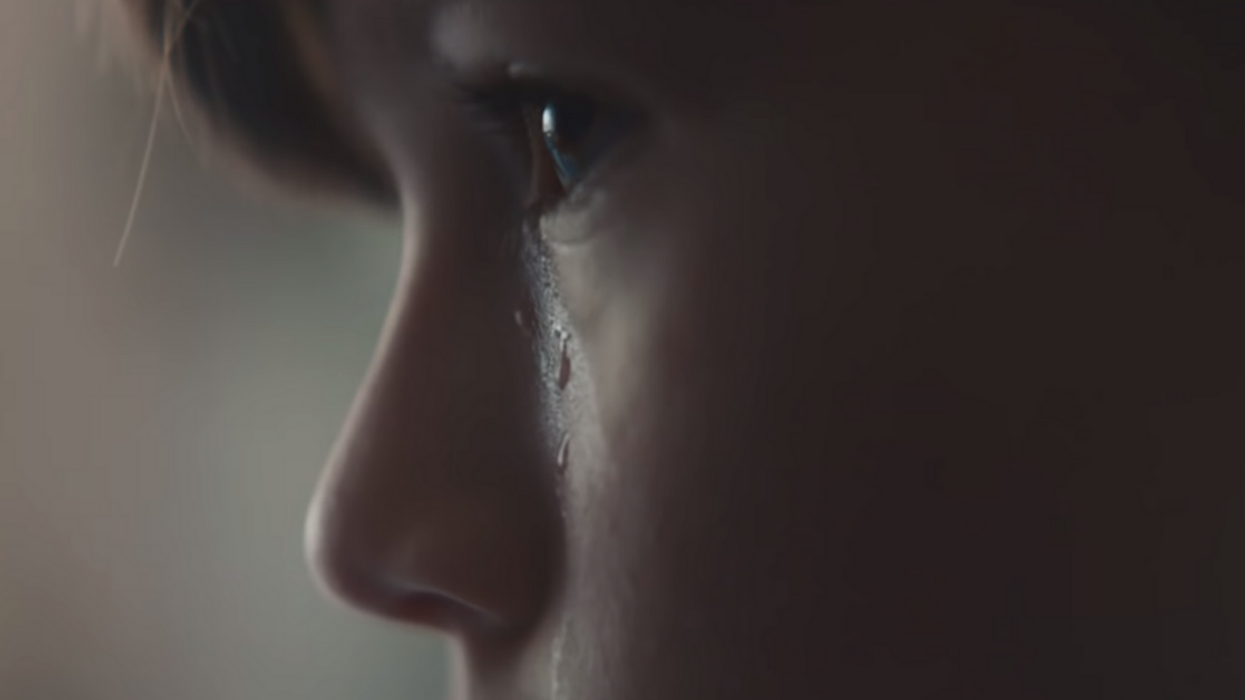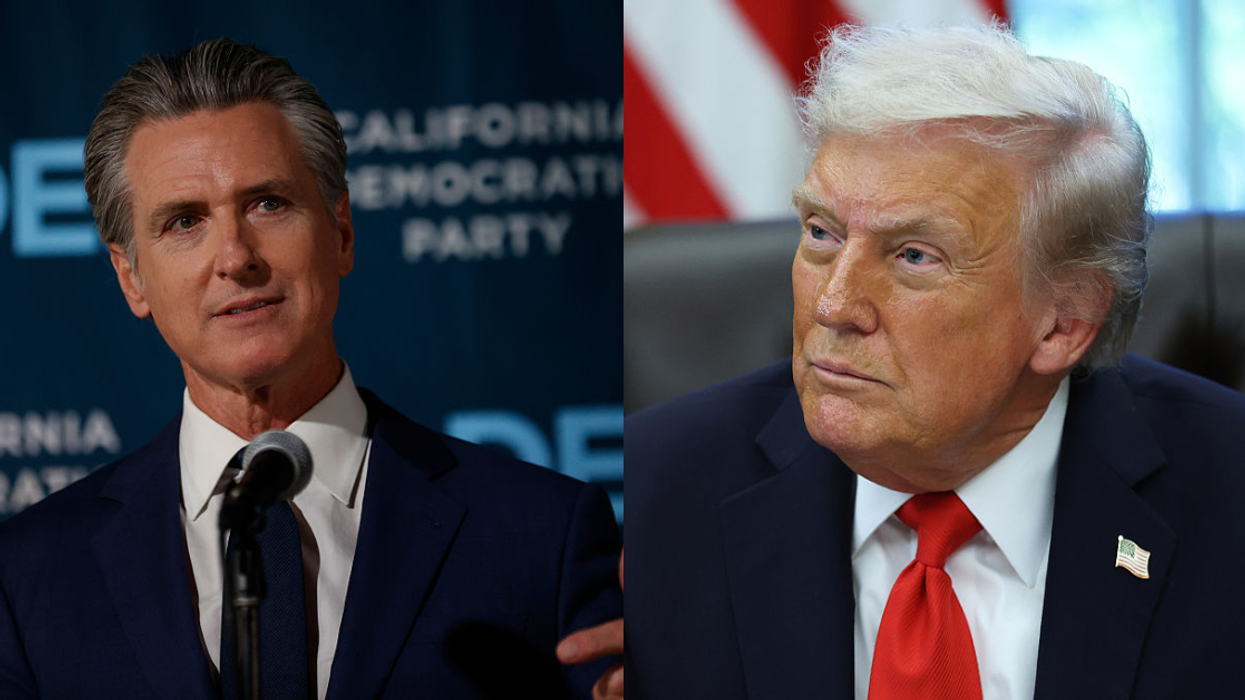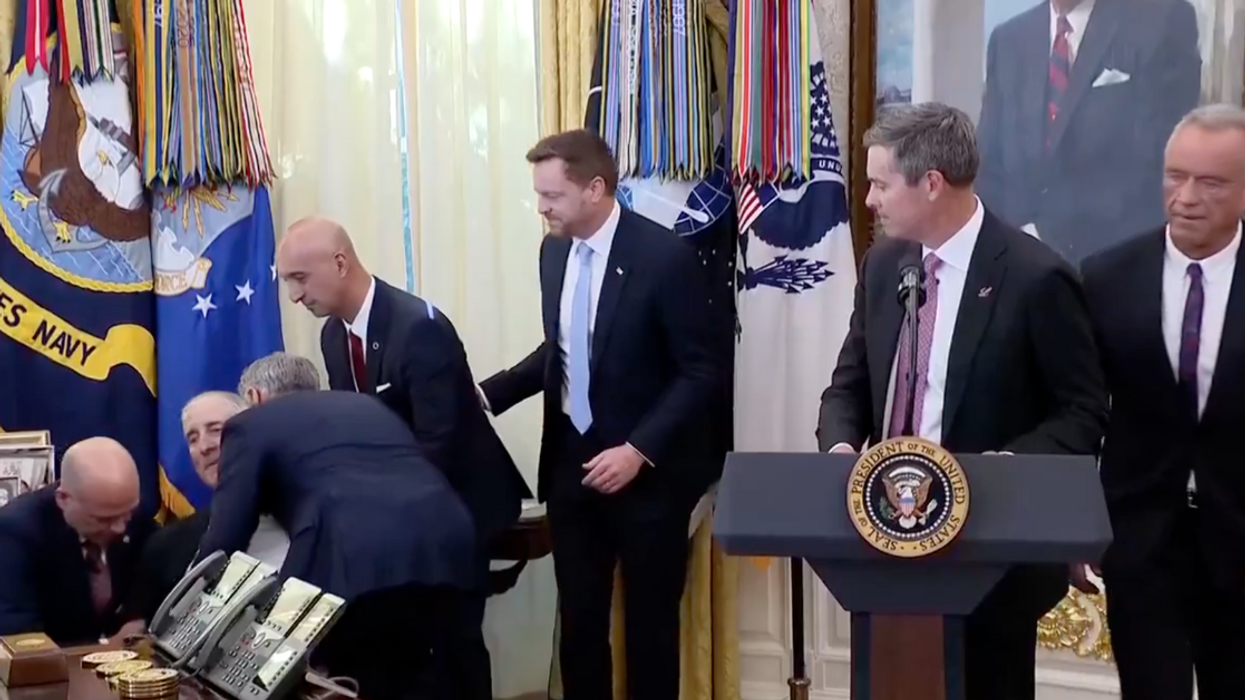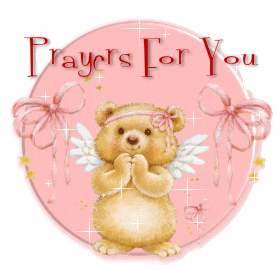Toxic masculinity is a concept that has been widely discussed over the past few years. It describes the behaviors that men exhibit to prove their masculinity which are detrimental to themselves and those around them, especially the suppression of emotion and inability or refusal to show vulnerability or weakness.
The term came to the immediate attention of many after Gillette released their short film We Believe: The Best Men Can Be in January of this year. The film called on men to interrupt the cycle of toxic masculinity and call each other out on inappropriate behaviors.
White Ribbon, a Canadian non-profit who work to prevent gender-based violence, released a PSA titled Boys Don't Cry on February 26th to coincide with Canada's Anti-Bullying Day on February 27th.
Boys Don't Cry | White Ribbon PSAwww.youtube.com
White Ribbon's mission statement reads:
"We engage men and boys in the prevention of gender-based violence by promoting equity and transforming social norms. We challenge and support men and boys to realize their potential to be part of the solution in ending all forms of gender-based violence."
"White Ribbon asks men to wear white ribbons as a sign of their pledge to never commit, condone or remain silent about violence against women and girls."
Where Gillette's PSA focused on encouraging men to step up and change their behavior, White Ribbon's highlights all of the ways boys are conditioned not to show fear or be weak. It depicts the behaviors boys and men will engage in to prove they are "real men" to themselves and their peers.
These behaviors can be very destructive, as in the case of the boy in the film choosing to lash out violently against another child who had bullied him. Or his behavior toward girls when around his male friend.
In contrast to We Believe, Boys Don't Cry focuses on the journey of a single boy as he grows from a child into a young man. Words said to him, and the acts of others he witnesses, shape his behavior as he ages; he progresses from a sensitive child into a young man who hides his vulnerabilities behind a veneer of bravado.
Some people were also confronting ignorance surrounding White Ribbon's message on Twitter.
Hopefully, by confronting and examining the factors that contribute to toxic masculinity, people can begin to consider ways to combat them. Getting rid of the phrase (and idea) "Boys Don't Cry" seems like an excellent start.















 @realDonaldTrump/Truth Social
@realDonaldTrump/Truth Social

 breast cancer GIF by Baptist Health South Florida
breast cancer GIF by Baptist Health South Florida  Teddy Bear Doctor GIF
Teddy Bear Doctor GIF  feeling neck skin GIF
feeling neck skin GIF  praying GIF
praying GIF